It's been 12 years since a Dutch horticulture entrepreneur took the initiative and tasked two students with developing a horticulture concept for emerging economies. The goal? With those countries' populations increasing, to grow healthy, sufficient food locally.
And thus, Growpact was born. This concept's key principles include local ownership, farming methods that align with local knowledge, and a business-like approach. The target groups are small and medium-sized entrepreneurs.
In 2017, the first project was realized in Kitale, Kenya, where a complete plant nursery was set up using two 40-foot containers. There is a greenhouse, hardening section, sowing equipment, germination room, irrigation boom and material, seed, substrate, and trays; everything needed to start a plant nursery, says Jaap van den Beukel.
A young Kenyan couple, Mercy and Joshua Mugendi, eagerly set up this nursery with all that came with it. "Westerners communicate and solve problems differently than Africans. So, it was a learning process for both parties," Jaap reflects. "Growpact now produces 25 million young vegetable plug plants annually, has an organization in place, is profitable, and serves 8,000 customers. You could say Growpact has provided 'proof of concept'."
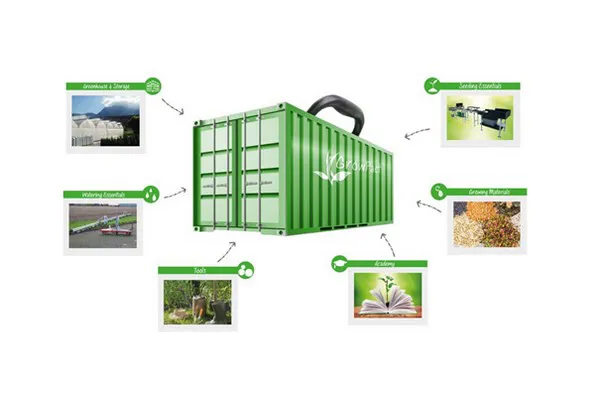
The first project used two sea containers as a base
Investments
In the early years, Growpact sometimes used clients' seeds, but the company has its own now. "We managed to change that by working closely with various seed suppliers, starting a demo field, and organizing demo days. Plant quality has improved, and harvest certainty and production have increased," Jaap points out.
In response to the rising demand for healthy, strong plants, Growpact invested in extra greenhouse space, sowing equipment, improved water supply, and a professional germination room in 2021.
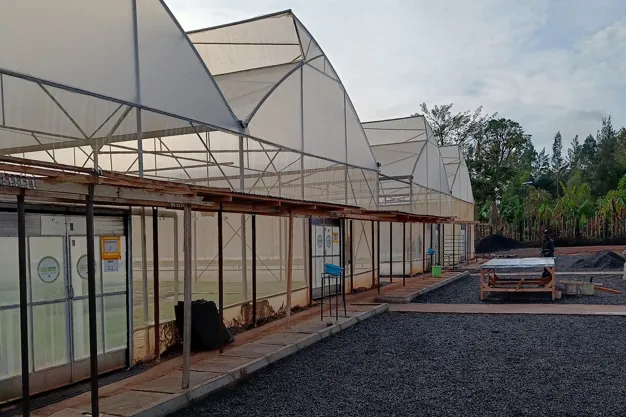
In 2022, an entire tissue culture laboratory was built at Growpact. There, they produce virus-free plant material such as bananas, sweet potatoes, and ware potatoes. "That fits perfectly with the idea we envisioned 12 years ago."
Growpact will add a business branch by 2024. "It will professionally grow hybrid seeds in greenhouses and outside on behalf of seed traders and breeders," says Jaap.
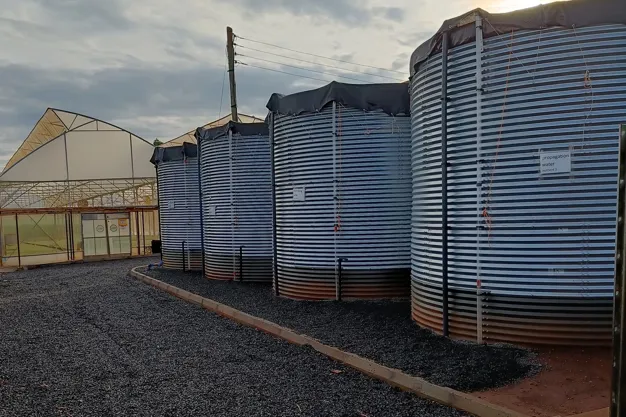
Patiently gaining local prosperity
The company has always wanted to realize this concept in various forms in emerging economies. "We've learned important lessons like that everyone must be patient and determined to set up these kinds of projects. There's less horticulture know-how, which you must connect with."
"Guiding and training people - cultivation, organization, registration, and administration-wise - to get this Growpact concept up and running is a must. Growpact has worked under the radar in recent years to learn. Now that we have a compelling, proven proof of concept, we're ready for the next step(s)," says Van den Beukel.
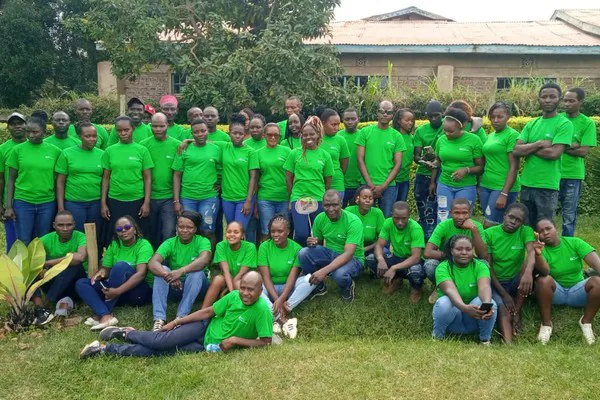
Team photo Growpact Kitale
Is the concept complete?
No, this Dutch-made concept would also like to make horticulture in emerging economies less dependent on imports. "When that ship got stuck in the Suez Canal, the coconut, peat, and fertilizer supply stopped. Prices shot up."
"Besides impacting availability and, thus, delivery certainty, cost prices also increased. We've, therefore, started initiatives to buy coconuts locally, have begun mixing compost from different locally available organic waste streams, and have contacted people who can make local organic fertilizer producers," Jaap explains.
What's next?
The Growpact team is small, so they want to work with players who want to develop the concept further with them. They need things like support, finance, and to connect with new parties. "We require all kinds of disciplines. Think of a broad network, hands-on mentality, no short-term vision, long-term commitment, business approach, and access to finances. Not only capex investment money but for multi-year opex and coaching/advising, too."
Growpact's experience is that local entrepreneurs and their staff are very keen to set up their own businesses. "Within Growpact Kitale Ltd, women hold most of the management roles. It's great to see how that's developed organically over time," Jaap concludes.
For more information: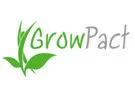
Jaap van den Beukel
Growpact
Tel: +31 (0) 653 678 960
[email protected]
